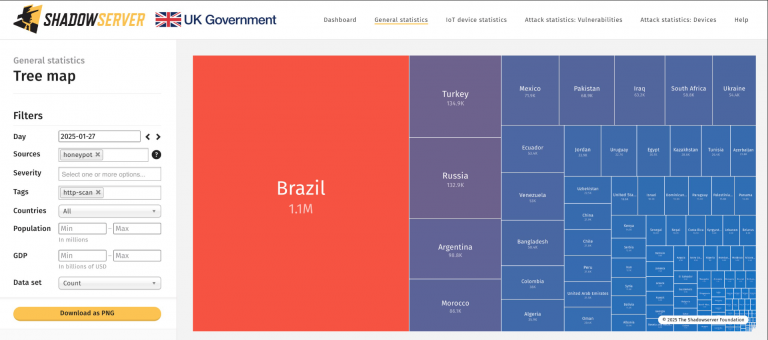
A group of Anom device distributors has pleaded guilty in federal court in San Diego. This legal proceeding had the potential to reveal the identity of the confidential informant who granted the FBI control over Anom, but with the guilty pleas now secured, the trial is unlikely to proceed. Court filings disclose that the distributors not only supplied encrypted phones to criminals but also engaged in discussions about drug trafficking with their clientele.
The Anom saga began in 2018, following the FBI’s takedown of Phantom Secure, one of the largest suppliers of modified encrypted phones. These devices, built from conventional mobile hardware, were equipped with specialized encrypted messaging applications and stripped of components such as cameras and microphones to enhance security. Such phones gained immense popularity within the criminal underworld, where they were used by drug traffickers, contract killers, and money launderers.
After Phantom Secure’s dismantling, an individual operating under the alias “Afgoo” approached the FBI with an unprecedented proposition: to hand over control of the newly established Anom company to federal agents. This arrangement granted law enforcement full command over the encrypted communication network, allowing them to install a backdoor in the devices and monitor all user correspondence.
To make the operation successful, Anom needed credibility within the criminal ecosystem. That demand was met by a network of distributors—Aurangzeb Ayub, Shane Ngakuru, Seyed Hossein Hosseini, and Alexander Dmitrienko—who are now at the center of the case. According to prosecutors, these individuals aggressively marketed the devices to drug cartels and criminal syndicates worldwide.
By 2021, Anom had become one of the most widely used encrypted communication platforms among criminals across Australia, Europe, South America, and Southeast Asia. Through these devices, traffickers orchestrated multi-ton drug shipments. In June 2021, law enforcement agencies from multiple countries executed synchronized raids, arresting hundreds of suspects in a single day. The operation involved more than 9,000 law enforcement officers worldwide.
Despite the FBI’s absolute control over Anom, U.S. authorities still pursued legal action against the platform’s key distributors. A total of 17 individuals were charged, including Hakan Ayik, one of Australia’s most wanted criminals, dubbed the “King of Encryption.” Investigators allege that Ayik played a pivotal role in earning Anom the trust of the criminal underworld.
According to plea agreements, Anom distributors assured clients that the devices were completely secure. Ayub, for instance, claimed that Anom was far more reliable than competing services that had already been compromised by law enforcement. Following the March 2021 shutdown of Sky Global, a major encrypted phone provider, Ayub proposed an immediate delivery of 100 Anom devices, with an additional 600 units to follow, aiming to seize control of the newly vacated market.
Internal company discussions, as revealed in court documents, also shed light on how Anom sought to maintain secrecy. One of the defendants compared Anom to rival platforms already infiltrated by authorities, insisting that Anom was impervious to law enforcement surveillance.
Case records further illustrate how those involved in Anom deliberated on the necessity of discretion. In one group chat, members agreed that the service should be promoted strictly through word-of-mouth, avoiding any exposure on social media. The irony, of course, was that every such conversation was already being monitored by FBI agents.
Some Anom distributors were not merely sellers—they were directly involved in discussions about drug trafficking. Ngakuru coordinated shipments of illicit substances to New Zealand, Ayub negotiated sales, and Hosseini facilitated supply chain logistics. While the guilty pleas effectively conclude the legal proceedings against those in custody, several key figures remain at large. Among the fugitives are Hakan Ayik, the so-called “King of Encryption,” and Serbian criminal Maximilian Rivkin, who played a critical role in Anom’s global expansion.
The closure of these cases does not mark the end of the investigation. The FBI continues its pursuit of other members within the criminal network, and further arrests are expected. This operation stands as one of the most significant demonstrations of how law enforcement can leverage technology to dismantle organized crime.


